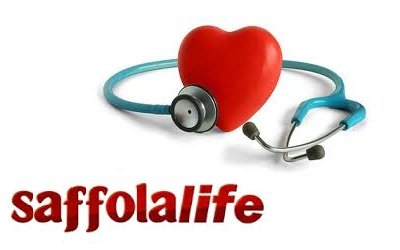The Saffola life Study 2013, India’s largest study on risk factors precipitating heart disease, revealed that more than 70% of 1.86 lakh urban Indian respondents are at cardiovascular disease (CVD) risk. When the study was conducted among 29,017 Mumbai respondents over a period of three years, it was revealed that 72% of them had a high risk of contracting cardiovascular disease (CVD). The study also revealed that 51% of respondents in Mumbai had low levels of the heart protective HDL and 44% reported to be consuming preserved/processed foods at least two times a week.
Supporting the Saffola life study, Dr Akshay Mehta, Senior Cardiologist, Asian Heart Hospital, said, “Sedentary lifestyle, stressful work conditions and compromised diet are leading factors in precipitating heart disease risk. This has affected the heart health of the young work force in the 30 – 44 age groups.”
According to the Saffola life study, Mumbai was one of the cities with least number of respondents with diabetes at 12% as compared to other metros. The study revealed that 42% of the Mumbai respondents also reported to consume fried foods at least two times in a week. Additionally, 71% of them consumed two or less servings of fibre-rich whole grains in their diet.
When the physical activity of Mumbai participants was analysed, it emerged that a substantial 64% of them exercised thrice a week or less. 10% of the participants reported feeling drained four times a week or more.
Young Productive Work force (30-44 years) is the worst hit. The Saffola life study is being conducted from the past three years across 12 cities and covering more than 1.86 lakh people across 30-100 age groups. The study revealed a shocking large difference between the heart age and the chronological age beginning at 30 years with a noticeable peak observed in the 40’s. This meant that Young India’s heart is aging much faster. Due to the presence of maximum systemic and lifestyle risk factors, respondents in the 30-44 age groups showed heightened CVD risk.
Supporting the findings of the Saffola life Study, Niti Desai, Independent Health, Wellness and Fitness Professional, stated, “Diet has undergone major changes depending on convenience. Preference for processed and preserved foods and fried foods has gone up noticeably. High dependence on the same and a menu devoid of vegetables, fruits and whole grains will only make people more vulnerable to CVD.”

